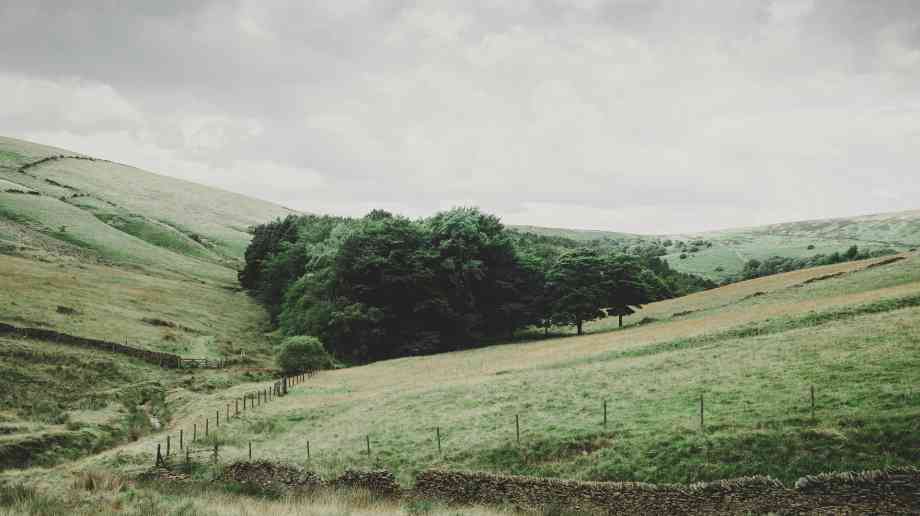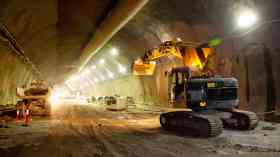Sue Robb of 4Children talks to Julie Laughton and Alison Britton from the Department for Education about the role of childminders in delivering the 30 hours free entitlement.
Climate and nature investment must be prioritised

The Environmental Audit Committee has published its report on how to 'grow back better' after coronavirus – to create a greener, healthier and more resilient economy.
The cross-party EAC warns that if the economic recovery from the pandemic is not used as an opportunity to 'grow back better', climate change and biodiversity collapse may deliver an even greater crisis.
MPs say that, while the Prime Minister's Ten Point Plan for a green industrial revolution points in the right direction, it is not yet investible and underlying strategies need to be published rapidly to give industry confidence. Therefore the report calls for the government to front-load its investment in areas such energy efficiency, the circular economy, climate adaptation and nature recovery, to counter rising unemployment by creating green jobs.
Amongst its recommendations, the EAC says that the government should use the upcoming transport decarbonisation strategy to set out plans for long-term investment in public transport, and enhance travel infrastructure to support more walking and cycling in towns and cities. They also argue that it is also clear that cutting-edge manufacturing processes are required for the roll-out of electric vehicles and their batteries, with estimates suggesting the UK will require up to eight gigafactories.
On homes and energy efficiency, the EAC recommends that the government introduce embodied carbon targets for the construction of new homes, so as to increase demand for low carbon materials, thereby stimulating growth in low-emission manufacturing of traditional, local materials and promoting the use of new low carbon materials.
The EAC says that the nature recovery network that the government has promised must not be an afterthought established after other infrastructure is built, but should instead be integral to the infrastructure plans. The EAC realises that investment in nature recovery projects could protect UK wildlife, and could create thousands of job opportunities. They suggest that the idea of a National Nature Service should be piloted – in partnership with conservation charities – to test its feasibility and open up conservation opportunities.
Philip Dunne, chair of the committee, said: "The Covid-19 crisis must be treated as a wake-up call. It is a symptom of a growing ecological emergency. The economic recovery will shape our national economy for decades to come, and it is crucial that tackling climate change and restoring nature is at its core. A tax system fit for net-zero Britain is key. It will encourage innovation, give confidence to the sector and support companies to make the low-carbon transition.
“There are endless initiatives that can lead to a greener future and the Chancellor should use his upcoming Budget statement to start this process. Boosting energy efficiency of homes by reducing VAT on retrofits can spur growth in low-carbon manufacturing. The funding allocated to the Green Homes Grant should be rolled over to meet the target to issue 600,000 vouchers. The electric vehicle transition must be accelerated with further tax incentives to encourage take up.
“But a greener future hinges on the health of biodiversity and ecosystems. The economic recovery must not overlook nature recovery. Planning and infrastructure decisions must take into account the impact of nature, and piloting a new National Nature Service can protect wildlife while offering employment opportunities. There will be no vaccine against runaway climate change, and it is our responsibility now, using the opportunity of the economic recovery, to set the UK on track for net-zero."
Company Focus
Located in Bromley, Japanese Knotweed Eradication Ltd has been providing solutions in the treatment and removal of Japanese Knotweed (Fallopia Japonica) for over a decade. During this time we have mastered a repertoire of methods, from herbicidal treatments to landscaping solutions, tailored to address the unique challenges our clients face with this pervasive weed.
Event Diary
UKREiiF has quickly become a must-attend in the industry calendar for Government departments and local authorities.
The multi-award-winning UK Construction Week (UKCW), is the UK’s biggest trade event for the built environment that connects the whole supply chain to be the catalyst for growth and positive change in the industry.
Supplier Profiles
Geo Energy
At GeoEnergy Design, we're on a mission to disrupt the traditional way heating and cooling ha
Latest Features
Professor Harith Alani, director of the Knowledge Management Institute at the Open University explains how AI can be used for good and bad.
Alex Lawrence, head of health & social care, techUK sets out techUK’s Five Point Plan for CareTech.

















